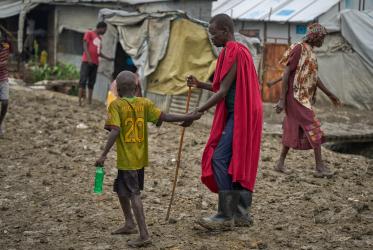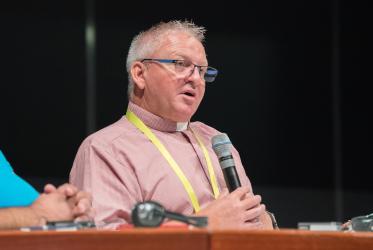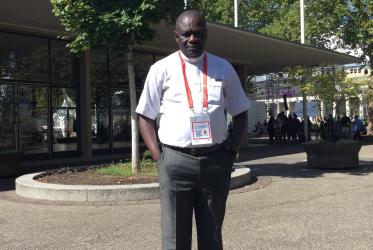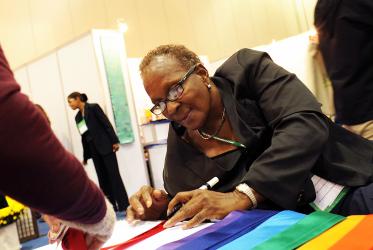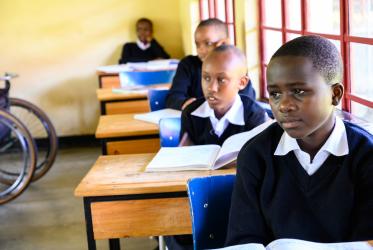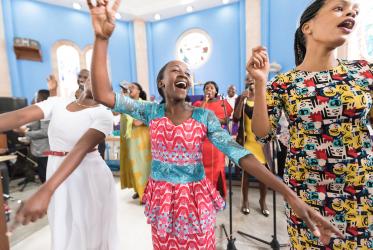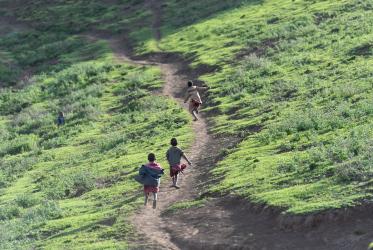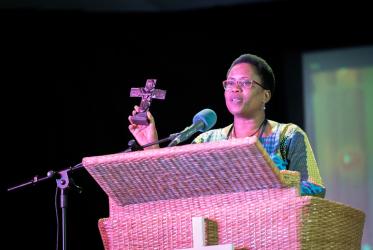Displaying 1 - 20 of 53
In a COVID-stricken world, “everyone is important”
23 October 2020
Advancing a disability-inclusive response to COVID-19
21 April 2020
The cry of the Papuans in Indonesia
14 November 2019
Mission and people with disabilities
26 June 2019
How will the Arusha Call change the world?
20 May 2019
Fr Alexi - a peacemaker in Syria
21 December 2018
#WCC70: Children in the Ecumenical Movement
20 December 2018
“Sending service” closes Arusha conference
13 March 2018


